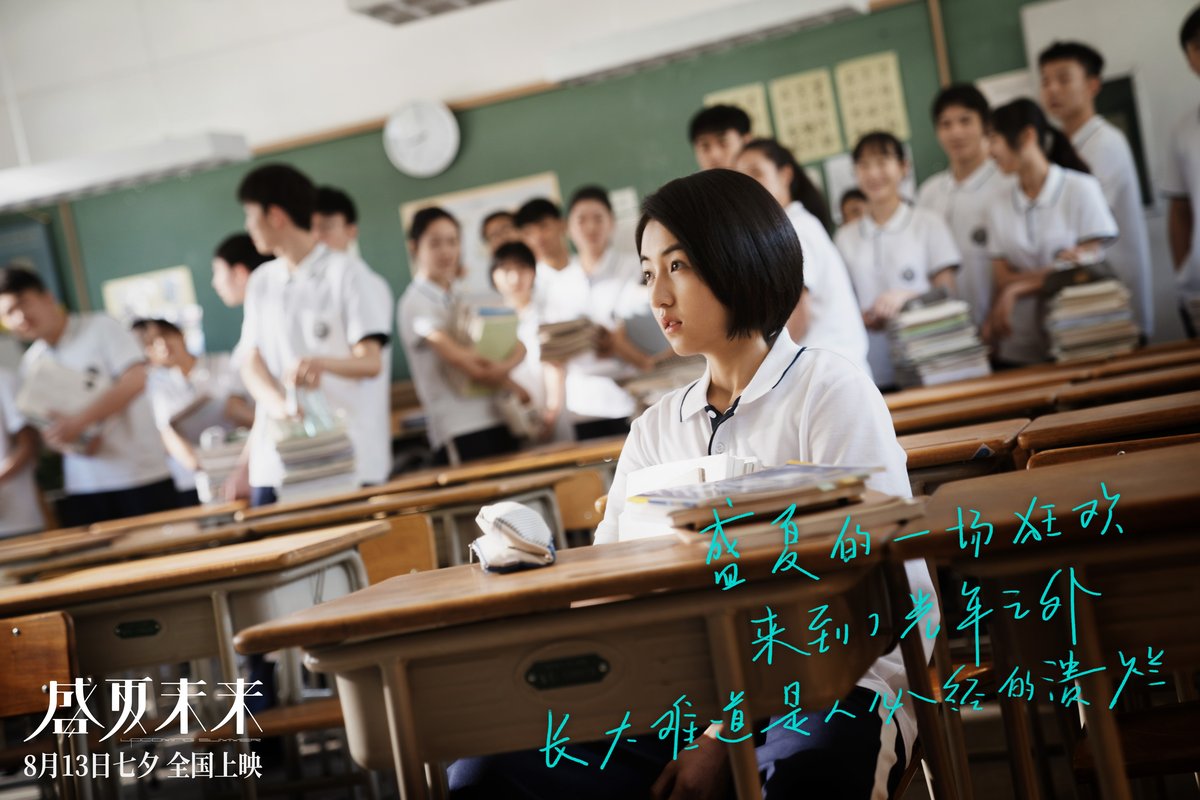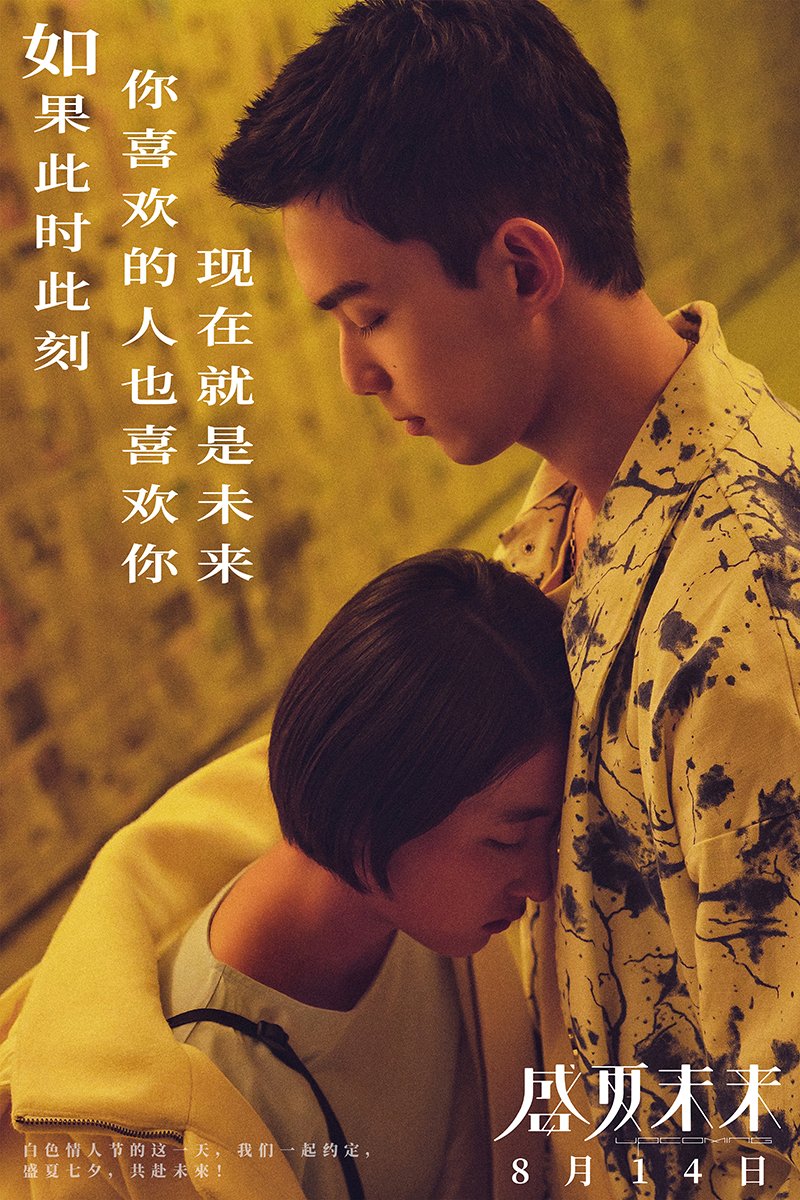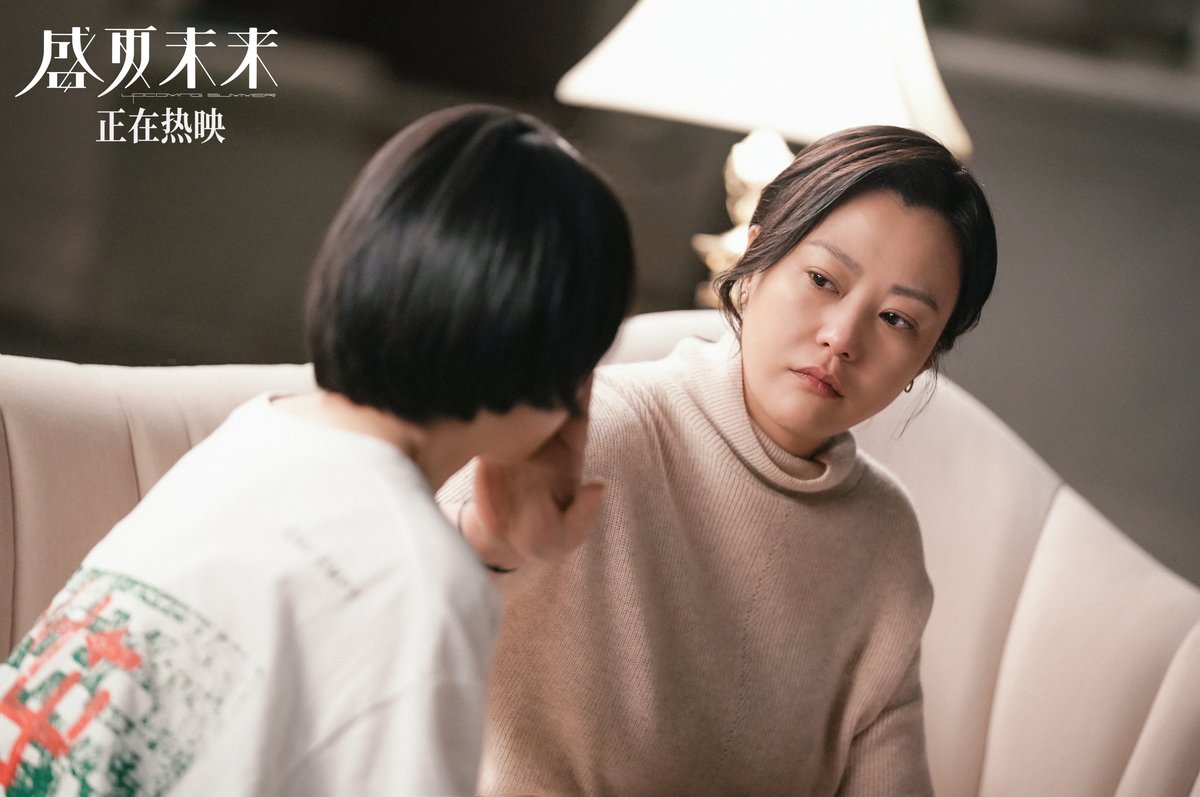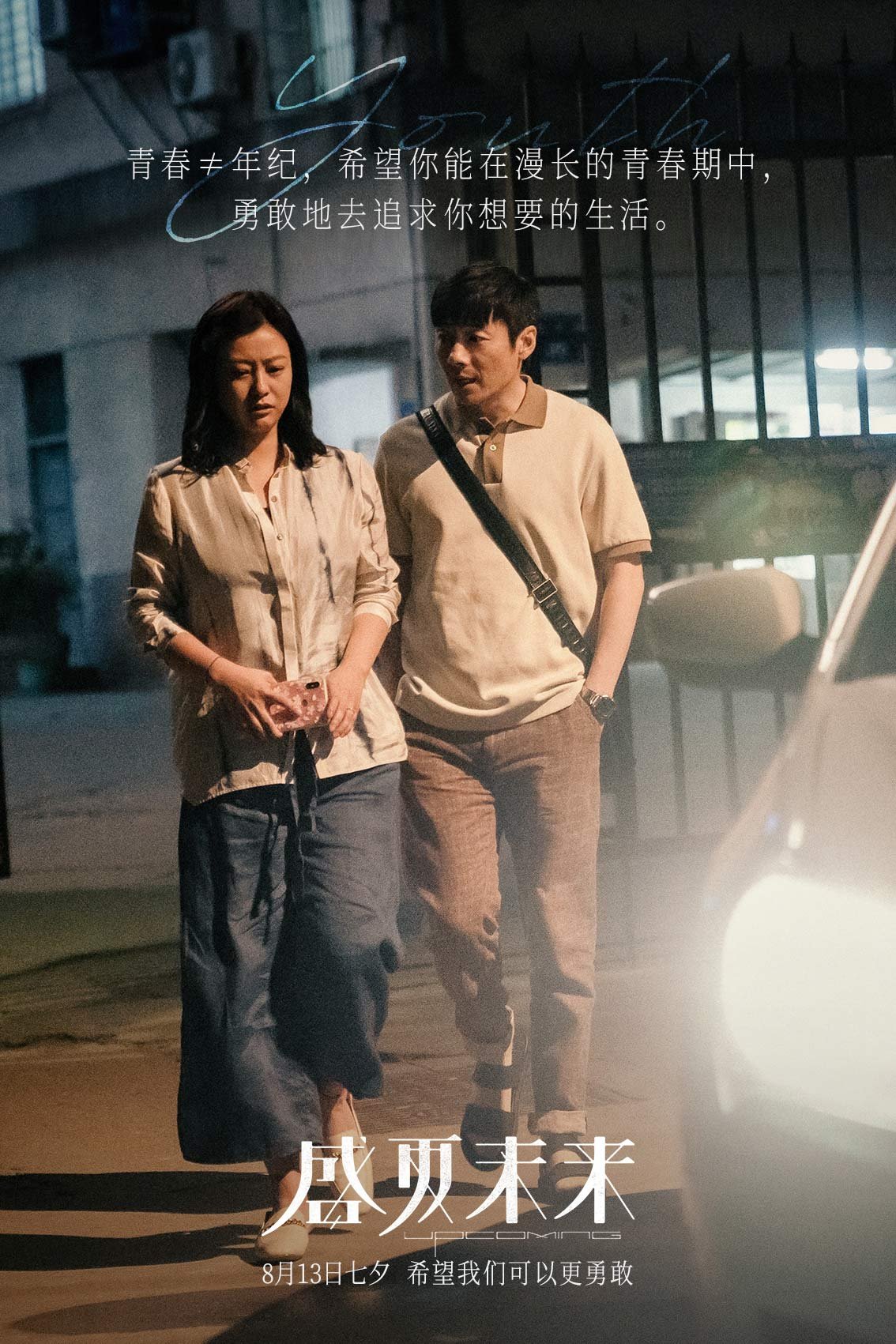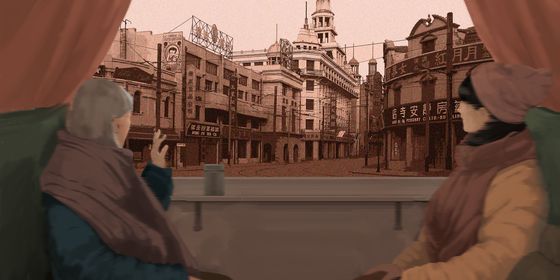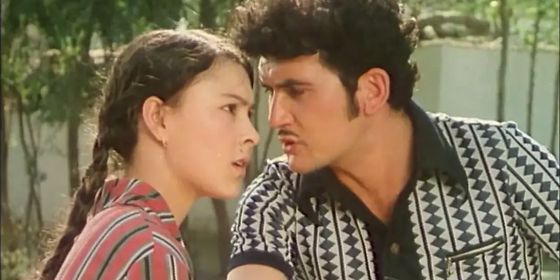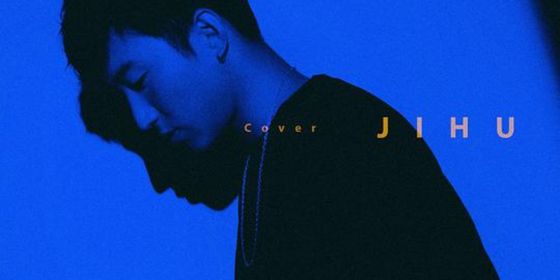A “controversial” teen summer movie tackles coming-of-age and (possible) LGBT themes
The story of the movie Upcoming Summer is based on a lie: Chen Chen (Zhang Zifeng), a straight-A high school student in Xiamen, Fujian province, fails the gaokao (college entrance examinations) after running into the rain on purpose and catching a cold the night before the exams, to rebel against her parents. Then, to stop her parents’ nagging, she pretends to break up with her “boyfriend” Zheng Yuxing (Wu Lei), who is in fact an “internet celebrity” at Chen’s school with thousands of fans on the video-sharing platform Douyin, and who does not even know her.
To Chen’s surprise, Zheng becomes her classmate in “Grade Thirteen,” a class at Chen’s school comprising students who need to study hard to retake the gaokao. To make things worse, their teacher announces their “breakup” to the whole class on the first day of school and warns Zheng not to bother Chen again. After this unusual start to their acquaintance, the two teenagers start a “relationship,” go through various ups and downs together, and help each other grow during an eventful summer.
This seemingly conventional movie on themes like gaokao, parent-child relationship, first love, and coming-of-age was ambitiously labelled by its producers and director as “the best Chinese teen film of 2021” and to “redefine teen films.” Earlier this month, director Leste Chen Cheng-Tao explained his understanding of youth: “To me, youth does not mean specific ages, but the process of becoming your ideal self. Your puberty truly ends once you realize what kind of life and love you want, or luckily find the right one.” He said he hoped to tell audiences via the movie, “You're coming-of-age if you’re striving to live the way you like, regardless of your age.”
However, Upcoming Summer seemed to have difficulty conveying those messages to some viewers, resulting in divided feedback. The disparity was reflected by not-so-satisfactory box office revenue, especially compared with the performance of other teen films from last year. Rated an above-average 7.4 out of 10 on Douban (China’s most popular film reviewing app), Upcoming Summer generated less than 230 million RMB in total over the 10 days since its official release on July 30 (ahead of the original scheduled debut on August 14, China’s traditional Valentine’s Day Qixi Festival, for unclear reasons).
In contrast, at a rating of 7.3 on Douban, A Little Red Flower, which focused on two teenage cancer patients and their families, garnered over 900 million RMB in nine days after debuting on December 31. The Day We Lit Up the Sky, which claimed to be a Chinese version of the US’s High School Musical, earned over 120 million RMB in seven days this July, despite being rated only 4.5.
One major shortcoming seems to have been Upcoming Summer's misleading trailers, which triggered an angry backlash from disappointed audiences who felt deceived. Having presented Zhang Zifeng and Wu Lei as “ideal” representatives of Gen Z, the trailers led audiences to expect a wonderful “boy and girl’s love” (better known in online slang as BG) story, only to find a very different one: Chen has a one-sided crush on Zheng, while Zheng has been pining for a Beijing DJ named Ming, who may be a man.
Though Ming is never heard or seen in the movie, except on an obscured poster and on a distant stage at a Sanya music festival near the end of the film, dressed in gender-neutral clothes, many viewers dug deep and found dozens of clues: Ming is only referred to in the name “Ming” or the profession of “DJ” in the English subtitles, but the feminine “她 (she)” is used in the Chinese captions; Chen looks surprised when she sees the poster of Ming, and then Zheng says Chen owes him a secret of her own now. Moreover Eternal Summer, director Chen’s first teen film from 15 years ago, is LGBT-themed, and a song Chen and Zheng sing together is written by Taiwanese band Mayday, known for LGBT-themed music.
Many negative reviews of the film criticize director Chen for disguising a “gay story” as a heterosexual romance and trying to pander to fans of both genres. As one Douban review, which gleaned over 4,000 likes, stated: “Either make a good suspense film or make a good teen film…don't fool the audience into spending two hours searching for evidence that the male lead loves a man.”
There are viewers who don’t regard this as a problem. One upvoted Douban comment concludes, “In fact, the movie tries to say: Love looks the same for homosexuals and heterosexuals.” Li Xiaole (pseudonym), a Beijing viewer and former employee at Douban's film department, agrees, believing Ming’s obscured gender was a compromise between the director’s desire to discuss the topic more inclusively and the necessity of dodging the censor.
In response to media questions about whether Ming is male, Chen simply explained he chose to “set the boy’s crush as an ungendered symbol, to represent people's longing for wonderful things, people, and life, in order to [better] explore puberty.” This explanation may also answer another controversy at the end of the movie: Whether Zheng is a “scumbag (渣男)” for kissing Chen after she confesses her two-year crush on him at the music festival, only to later apologize with “I wish I could love you.” It could be natural behavior for Zheng, a young man who still does not know his sexual orientation, or just a reasonable response to Chen’s affection, as he clearly feels something for her regardless of his sexual orientation.
In fact, rather than romance, Upcoming Summer touches more on other coming of age themes, like learning to be brave and accepting life's difficult realities—made explicit by lines like “We should accept that the one we like does not like us,” uttered by Chen as she tries to console Zheng about losing Ming. She makes her 18th birthday wish, hoping she and Zheng “could face ourselves more honestly, and be braver,” after she and Zheng have a quarrel and criticize each other’s cowardliness: Chen fails her first gaokao intentionally because she discovered her parents had divorced and were keeping it a secret from her until after the exams, while Zheng gives up the exams after Ming blacklisted him in his contacts.
Through pain and regret, the two mature over time: When facing the punishment of being dismissed from the school for “breaking rules and bringing a negative impact,” Chen tells her mother the truth of her gaokao failure, and refuses to take the easy way out by signing a statement blaming Zheng. Zheng, meanwhile, pursues his dream of becoming a DJ. The ending of the movie, set three years later at the Sanya music festival again, is ambiguous—their story may go on, though it’s unclear how. Perhaps it suggests we should leave Chen and Zheng to find their way by themselves, like real adults.







